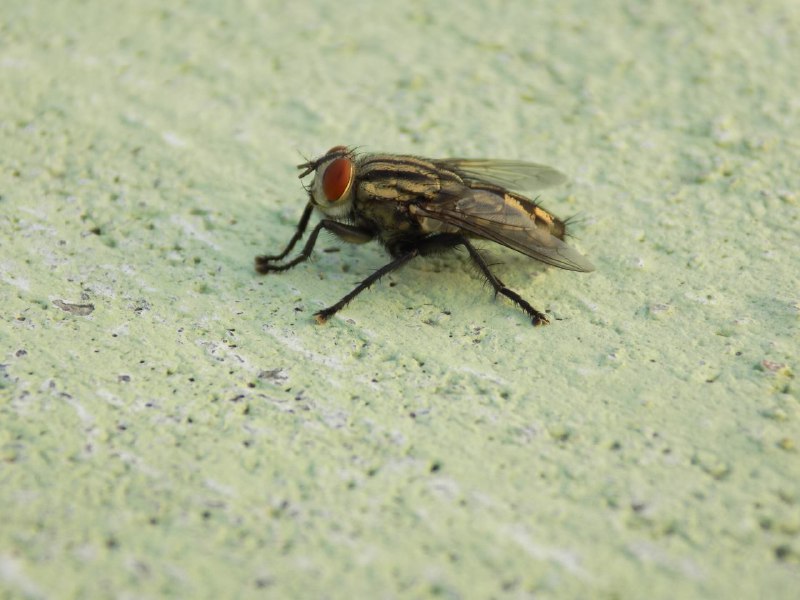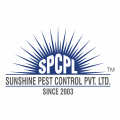Flies affect human health and increase various disease. Sunshine Pest Control Provides Integrated management Service Which used to ensure control of flies in homes, food establishments, and so on.
Sunshine Pest Control has the most effective solutions to manage all species of flies as part of our Integrated Fly Management (IFM) program for both the internal and external areas of an establishment. We treat the problem at its source and suggest preventive measures to avoid future infestations. It is recommended to acquire fly control services in order to have a green and clean environment. we have friendly professionals and have all the expertise to control them at the right time and keep them from dispersing.
More info visit us:- https://pestcontrolsunshine.com/



